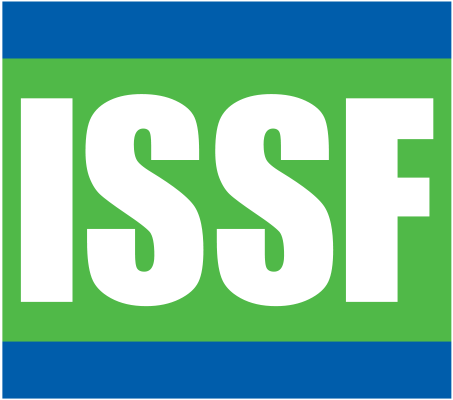Document: ISSF 2012-11: Confidentiality Rules Regarding Detailed Fishing Operations
Every tuna RFMO has a data confidentiality policy that identifies the level of privacy afforded to the various kinds of data supplied to the organization. The two broad categories of data are “public domain” and “non-public domain,” with the latter including all vessel-specific operational information (e.g., catch reporting, fine-resolution vessel positions). Those data are treated confidentially, with access often restricted only to those RFMO staff that require the information to fulfill their duties. Any other access requires the permission of the data provider (e.g., the member state) and compliance with data safeguarding measures.
Data on fishing operations, when aggregated to prevent the identification of any individual vessel’s activity, are generally considered in the public domain. For the WCPFC and ICCAT, a minimum of three vessels’ data must be grouped. In the IOTC, data are presented as aggregations across area, gear type and flag. Similarly, the IATTC pubic data are gross aggregates using the same categories.
Regarding FAD fishing operations, two tRFMOs (ICCAT and IOTC) specifically mention that FAD data should be made available to the scientific staff and/or the science committee. The IOTC does explicitly note that those data are to be treated under its data confidentiality policy. Although not explicitly mentioned alongside the FAD text, ICCAT also appears to treat its FAD-related data in a similar manner.
Every tRFMO’s data confidentiality policy makes a commitment to maintaining the privacy of individual vessels’ fishing operations. Only with the data provider’s permission can such information be released to requesting parties, and even then there are controls on the management and use of that data.
Downloads: 11373 | 372581 | Views: 0
